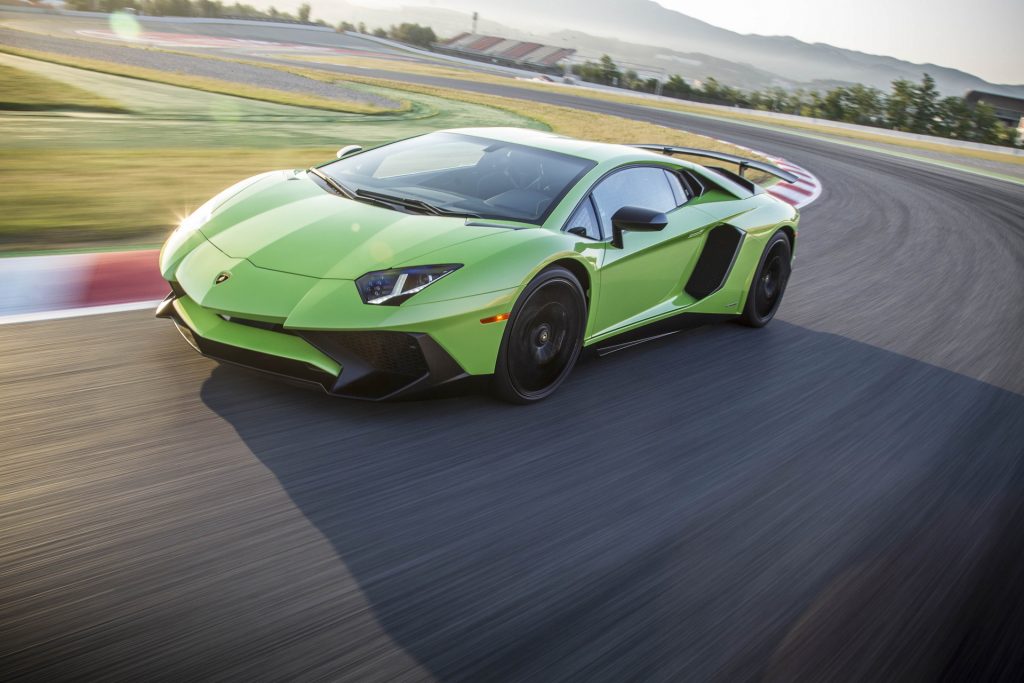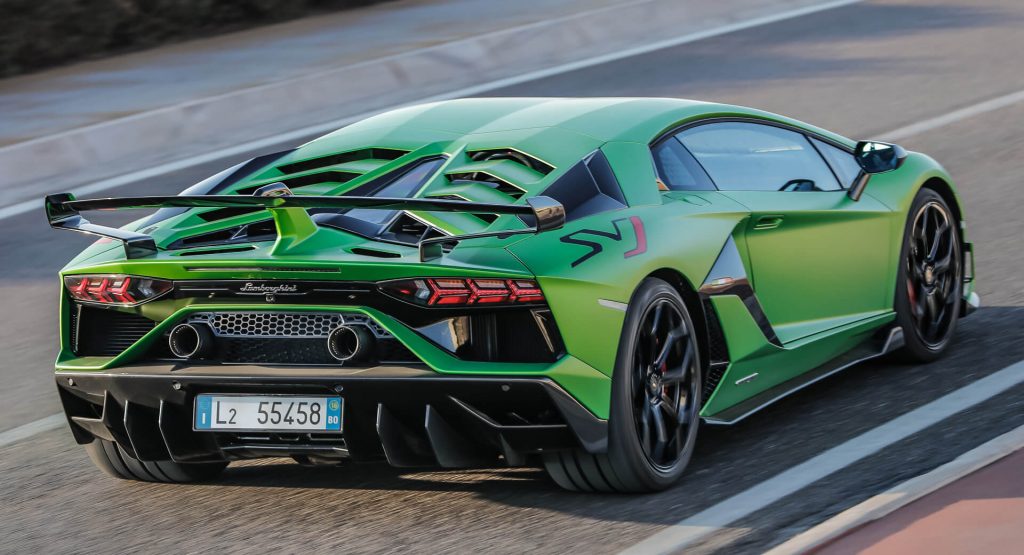Lamborghini is developing hybrid successors to both the Huracan and Aventador but doesn’t believe the time is right to build an all-electric supercar.
Like most of its competitors, the Italian car manufacturer understands the importance of electrifying its line-up and in mid-2021, confirmed that it will indeed launch an EV in 2027 or 2028. What we don’t yet know is what form this EV will take, other than knowing it will serve as a fourth model in the Lamborghini family, rather than a variant of either the Aventador successor, Huracan successor, or second-generation Urus.
For now, Lamborghini is quite happy to keep the internal combustion engine alive.
Read: Lamborghini Boss Says First EV Might Be Another Crossover, Followed By An Electric Urus

“On the super sports car, we believe that at the moment it is not the right time, and also probably the next five, six years, it’ll be not the right time because the super sports cars, we want to avoid this additional weight,” Lamborghini chief technology officer Rouven Mohr told Motor1 during the recent Rolex 24 Hours of Daytona. “We want to avoid the performance depending strongly on the state of the charge of the battery and on the temperature.”
“We still believe that in the super sports segment or the sports car segment, the combustion engine and hybridization is still the best choice.”
While the idea of an electric supercar doesn’t make sense for Lamborghini at this stage, Mohr added that there is already a market for a more user-oriented EV from the brand.
“User-oriented cars are a different story,” he said. “We think there is already today a market [for] our interpretation of the electric car. But it has to be our effect, because the customers for a Lamborghini expect something outstanding and not something that they can find from other manufacturers.”
Lamborghini chief executive Stephan Winkelmann has previously suggested that the brand’s first EV could take the form of a 2+2 or four-seater that sits high from the ground, offering plenty of ground clearance. This has prompted speculation the vehicle will be based on the VW Group’s upcoming Artemis architecture that will underpin the next-gen Audi A8 and Bentley’s first EV.




